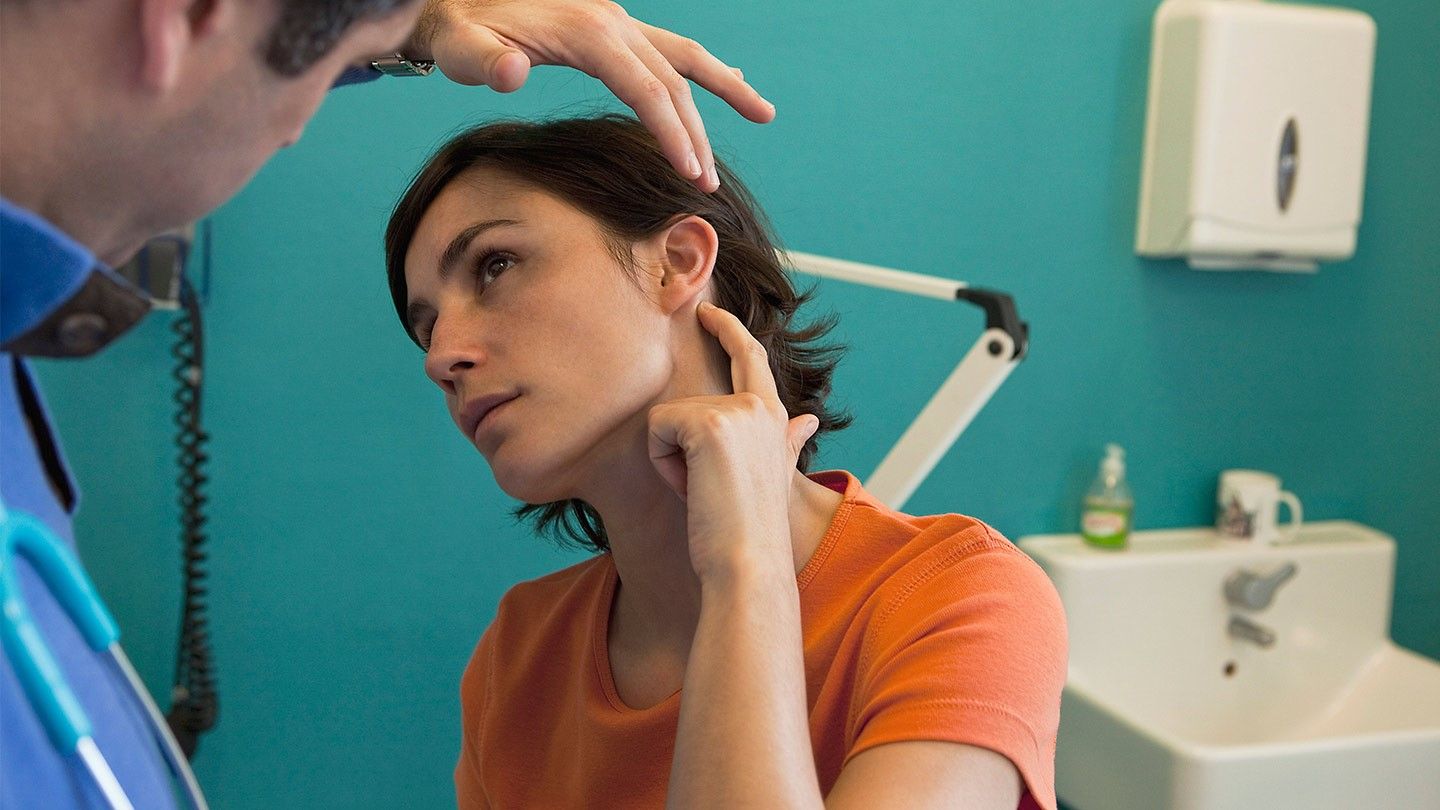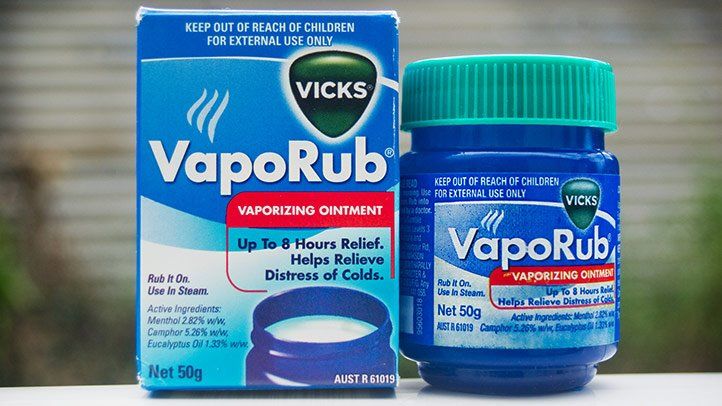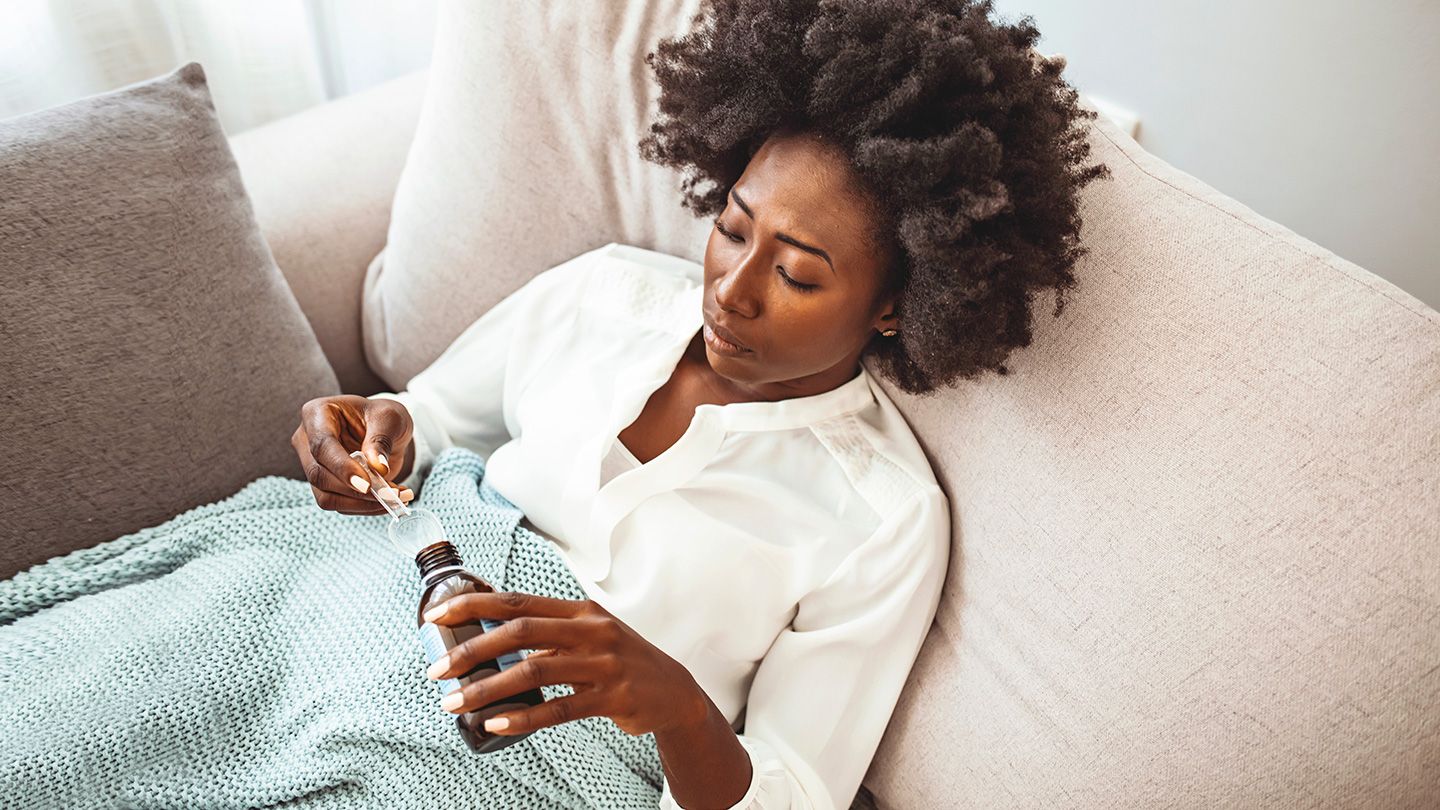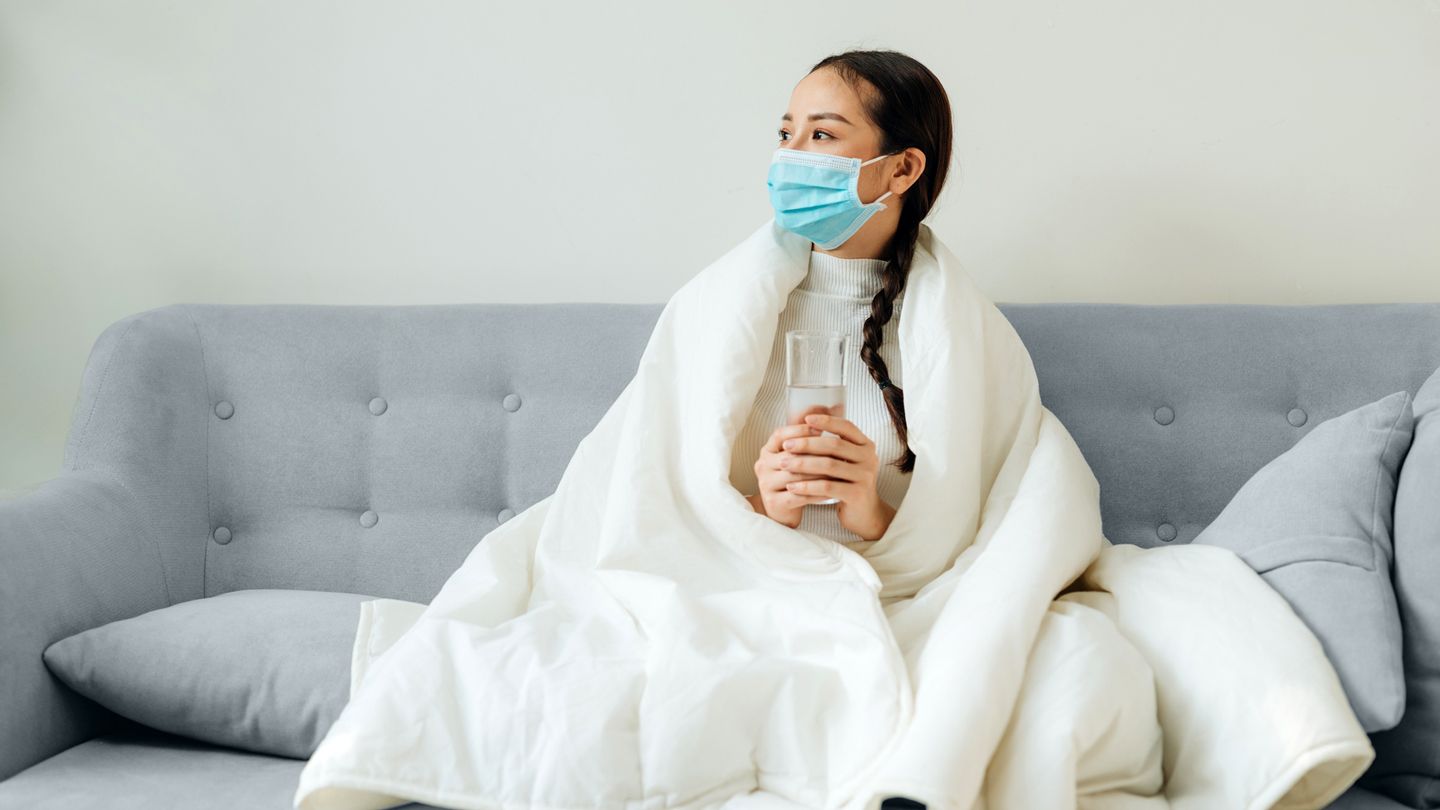Can You Take Nyquil and Flonase Together for a Stuffy Nose?
A stuffy nose can be downright annoying. Your nose feels congested and blocked, making it difficult to breathe clearly. Every breath feels like it takes tremendous effort. The pressure builds in your sinuses, sometimes turning into a headache. You just want relief so you can breathe freely again.
When suffering from nasal and sinus congestion, many people reach for over-the-counter medications like Nyquil and Flonase. But is it safe to take them together? Let's take a closer look at how these medications work and whether there are any concerns with using Nyquil and Flonase at the same time.
What is Nyquil?
Nyquil is an over-the-counter cold and flu medication manufactured by Vicks. It contains the following active ingredients:
- Acetaminophen - a pain reliever and fever reducer
- Dextromethorphan - a cough suppressant
- Doxylamine succinate - an antihistamine with sedating effects
Due to the combination of the antihistamine and cough suppressant, Nyquil is designed to provide nighttime relief for common cold and flu symptoms like:
- Stuffy, runny nose
- Sore throat
- Cough
- Body aches and pains
- Headache
- Fever
The doxylamine in Nyquil causes drowsiness, so it is only intended to be taken at night. The sedating effects help promote sleep while the other ingredients treat symptoms like nasal congestion and coughing.
What is Flonase?
Flonase is an over-the-counter nasal spray containing the active drug fluticasone propionate. Fluticasone is a corticosteroid that works directly on the nasal passageways to decrease inflammation.
Unlike Nyquil, Flonase is not intended to induce sleep. Instead, it focuses solely on relieving congestion and stuffiness caused by:
- Allergies
- Common cold
- Sinusitis
- Rhinitis
Flonase works by binding to specific receptors in the cells of the nasal passages. This prevents the release of chemicals that trigger allergic reactions and swelling in the nasal tissues. The result is a reduction of inflammation, edema, mucus production, and nasal obstruction.
It may take several days of regular use for Flonase spray to reach its full effect. The medication comes in a nasal spray that is easy to administer directly into the affected nasal passages as needed.
Is It Safe to Take Nyquil and Flonase Together?
Both Nyquil and Flonase are over-the-counter products, meaning they do not require a prescription. This indicates doctors generally consider them safe for self-treatment of common upper respiratory symptoms like a stuffy nose.
However, anytime you are taking two medications simultaneously, there is always a possibility of interactions. So is it safe to use Nyquil and Flonase at the same time?
According to most doctors and pharmacists, yes - taking Nyquil and Flonase together is generally considered safe. There are no known major interactions or contraindications between the active ingredients in these OTC drugs. They work in different ways to provide symptom relief.
That being said, there are some precautions to keep in mind when using Nyquil and Flonase concurrently:
- Only use Nyquil at night since it causes drowsiness. Avoid driving or operating heavy machinery after taking it.
- Don't use Nyquil if you are already taking antihistamines or other drugs with sedating effects, as it may increase overall drowsiness.
- Don't exceed recommended dosages - taking more than directed does not increase effectiveness and can heighten the risk of side effects.
- Allow sufficient time between Nyquil and Flonase doses for each medication to work.
- Discontinue use if any worrisome reactions occur.
When used properly and as directed, Nyquil and Flonase offer complementary symptom relief for colds and allergies. But always consult your pharmacist or doctor if you have any concerns about drug interactions when taking multiple over-the-counter products concurrently.
How Nyquil and Flonase Work Together
Though generally considered safe to use together, you may be wondering how exactly Nyquil and Flonase work in conjunction to combat symptoms of a stuffy nose and sinus congestion.
Nyquil primarily works on multiple symptoms at night. The antihistamine doxylamine succinate blocks histamine receptors to reduce mucus production and provide relief from an itchy, runny nose. It also makes you drowsy, which helps with rest. The dextromethorphan suppresses the cough reflex.
Flonase contains a corticosteroid that directly targets nasal inflammation to open up blocked passages. Daily use decreases swelling and congestion in the nasal membranes, allowing you to breathe easier.
So Nyquil mainly offers nighttime relief for associated symptoms like pain, fever, and cough while inducing sleep. Flonase works locally on nasal passages to reduce congestion. Using them together provides 24-hour relief - you'll rest easier at night thanks to the Nyquil and breathe clearer during the day because of the Flonase.
Benefits of Combining Nyquil and Flonase
Some key benefits of using Nyquil and Flonase concurrently include:
- More complete relief - Nyquil targets multiple cold/flu symptoms while Flonase focuses specifically on nasal congestion for more comprehensive relief.
- Complementary effects - The antihistamine in Nyquil reduces mucus production at night while the Flonase corticosteroid decreases nasal inflammation during the daytime.
- Both are easily accessible - As over-the-counter products, Nyquil and Flonase are readily available without requiring a prescription.
- Improved sleep - By relieving nighttime symptoms, Nyquil allows you to rest more comfortably so you wake up feeling better able to breathe through uncongested airways.
- Doesn't require multiple prescriptions - Getting relief is simple with OTC options instead of needing to make appointments and obtain prescriptions.
Using Nyquil and Flonase together can provide enhanced relief for stuffy noses with minimal risks when following dosage guidelines. The combination may make recovering from a cold or sinus infection faster and easier.
Possible Side Effects
When used as directed, Nyquil and Flonase are low risk but may cause some minor side effects including:
- Headache or dizziness from Nyquil
- Bitter taste after using Flonase spray
- Nosebleeds from extended use of Flonase
- Increased nasal dryness or irritation from the nasal spray
More serious side effects are possible but unlikely with short-term use:
- Severe allergic reaction - seek medical help immediately if this occurs
- Breathing problems after taking Nyquil
- Vision changes from extended high doses of Flonase
- High blood sugar levels in diabetics from the steroids in Flonase
To reduce risks, carefully follow usage guidelines and the dosing schedule for both medications. Discontinue use if unusual reactions develop. Contact a doctor if symptoms don't improve after 7 days or worsen at any point.
Other Tips for Dealing with a Stuffy Nose
While Nyquil and Flonase can be big helps for relieving nasal congestion, you don't necessarily have to use medications to get some relief. Try these other tips in addition to, or instead of, over-the-counter drugs:
Use Saline Nasal Spray
Saline sprays and nasal irrigation devices like neti pots can help flush out excess mucus. The salt water also moisturizes nasal passages to prevent dryness that can increase irritation. Use saline rinses a few times per day to keep passages clear.
Turn on a Humidifier
Running a humidifier, especially at night, can add soothing moisture to dry air that exacerbates congestion. The moisture loosens mucus so it drains better and keeps nasal linings from drying out.
Drink Lots of Fluids
Staying hydrated with water, broths, caffeine-free tea, and other liquids thins out mucus while keeping your body working optimally to fight off inflammation underlying your stuffy nose.
Get Rest
Make sure to get enough sleep, as your body needs adequate rest to function at full capacity to defeat illness. If necessary, take over-the-counter (or prescribed) sleep aids at night.
Use a Neti Pot
A neti pot that rinses the nasal cavity with a saltwater solution can flush out mucus and provide relief when used daily. Make sure to use sterile, distilled, or previously boiled water in neti pots.
Try a Nasal Strip
Nasal strips lift open nasal passages mechanically while you sleep, promoting greater airflow. This can reduce congestion upon waking up in the morning.
Soothe with Warm Compresses
Placing a warm, wet washcloth over your nose, cheeks, forehead and eyes for about 10 minutes can help relax congested nasal passages and make you feel better temporarily.
Stay Hydrated
Drinking plenty of water prevents dehydration and thins out mucus, allowing for easier drainage. Water also keeps your body functioning optimally, giving your immune system its best shot at fighting off whatever is causing congestion.
Use Steam
Inhaling warm, moist air loosens up nasal secretions by softening hardened mucus. Breathe in steam from a hot shower, pot of boiled water, or facial steamer for quick temporary relief.
Avoid Triggers
Allergens, irritants like cigarette smoke, pollution, and dust can worsen a stuffy nose. Staying away from and reducing exposures to these triggers can alleviate some congestion.
When to See a Doctor
For mild congestion from seasonal allergies or an occasional cold, Nyquil and Flonase may be all you need for relief. However, if your stuffy nose persists unabated or worsens, consult a doctor to identify whether an underlying factor requires treatment.
See a physician if:
- Symptoms last beyond 10 days with no improvement
- Symptoms recur frequently
- Nasal discharge turns yellow or green
- You develop a high fever, headache, or facial pain
- Symptoms worsen significantly or seem unusual
- You have respiratory conditions like asthma that worsen
- Self-care measures bring little relief
- Significant nasal bleeding occurs
These signs could indicate a complication like a bacterial infection or pervious structural blockage requiring medical attention and more advanced treatments.
Possible Prescription and Medical Treatments
For persistent or severe nasal congestion, a physician may prescribe:
- Oral steroids
- Stronger prescription nasal spray steroids
- Antibiotics for a bacterial infection
- Oral or intravenous allergy medication
- Continuous Positive Airway Pressure (CPAP) machine for sleep apnea
- Procedures like endoscopy to examine nasal passages and sinuses
- Allergy shots to reduce nasal reactions
Schedule an appointment promptly if over-the-counter methods fail to provide adequate relief. More advanced medical therapies, diagnosis, and management may be needed to treat an underlying condition, structural abnormality, or persistent pathogen causing ongoing congestion.
Avoid Overusing Medications
When used properly as recommended, Nyquil, Flonase, and other over-the-counter drugs are generally safe and effective for temporary relief of a stuffy nose and related symptoms.
However, improper overuse can lead to unintended effects or complications. Be sure to carefully follow dosage recommendations and duration guidelines on all medication labels.
Discontinue use if any bothersome reactions occur. See a doctor if symptoms persist beyond 7-10 days to get to the root of the problem instead of just continually masking symptoms.
Risks of Medication Overuse Include:
- Developing a tolerance so the drug is less effective
- Serious side effects including high blood pressure, insomnia, and fluid retention
- Rebound congestion that returns stronger when the medication wears off
- Worsening of inflammation and swelling in nasal passages
- Increased likelihood of adverse reactions and complications
Avoid complications by using Nyquil, Flonase, and other decongestants only on occasion or for short durations as needed. See a doctor if congestion is frequent or persistent despite medication use.
Relief for Stuffy Noses Is Possible
Having a stuffy, congested nose can temporarily make life pretty miserable. Luckily, using medications like Nyquil and Flonase together can offer relief by:
- Treating multiple symptoms
- Reducing inflammation and mucus formation
- Promoting greater airflow and breathing ease
- Allowing for quality rest
For infrequent and short-term congestion, these over-the-counter options often provide adequate relief and aid in recovery. Just be sure to follow all medication directions and precautions.
See a doctor promptly if your stuffy nose persists beyond 7-10 days, signals a secondary infection, or worsens despite treatment. With proper medical care, alongside self-help measures like nasal irrigation and hydration, you can breathe freely once again.
FAQs
Can you take Nyquil and Flonase at the same time?
Yes, it is generally safe to take Nyquil and Flonase together as directed. There are no known major interactions between the medications. Nyquil offers nighttime relief for symptoms like cough and pain while Flonase treats daytime nasal congestion.
What are the side effects of Nyquil and Flonase?
Common side effects of Nyquil include headache, dizziness, and drowsiness. Flonase may cause nosebleeds, nasal stinging, or a bad aftertaste. Avoid driving or operating machinery when taking Nyquil. Seek medical help if serious reactions occur.
Can I take Nyquil and Flonase every day?
Nyquil should only be taken occasionally as needed at bedtime and not during the day. Flonase can be used daily up to twice per day but not for more than two weeks unless directed by a doctor. Don't exceed recommended dosing.
Is it better to take Nyquil or Flonase for a stuffy nose?
For nighttime symptom relief, Nyquil is preferable. For daytime congestion relief, Flonase is recommended. Using both together provides 24-hour coverage - Nyquil at night and Flonase during the daytime.
When should I see a doctor for a stuffy nose?
See a doctor if symptoms last more than 10 days, worsen, or recur frequently. Also get medical attention if you have fever, headaches, breathing problems, or green/yellow mucus which could indicate an infection.
Disclaimer: This article is for informational purposes only and does not constitute medical advice. Always consult with a healthcare professional before starting any new treatment regimen.
Related Coverage
Wondering if you can take mucinex and ibuprofen together when you have a nasty cold? Learn how combining them works to target different symptoms for faster relief....
Learn what infections or conditions commonly trigger simultaneous earaches and sore throats. Discover key differences between viral and bacterial sources, along with home relief methods....
Learn about the risks and benefits of using Vicks VapoRub in bathwater. Understand safety concerns over camphor and other ingredients when heated and inhaled....
From tumors to parasites to gruesome infections, doctors encounter many grim medical pictures. See some of the strangest images and the conditions behind them....
Do sugar-free cough drops break a fast? Find out whether using lozenges impacts insulin, hunger, digestion and if flexibility around illness is recommended....
Upper respiratory infections like colds, flu, and strep are highly contagious. Learn how they spread, treatment options, and precautions to avoid transmitting illness....
Can you take Alka-Seltzer and Mucinex simultaneously? Understand the ingredient safety, potential side effects, who should avoid combo use, and how to maximize relief....
Examining the potential impact of NyQuil on blood pressure levels, especially for high-risk groups like the elderly, those with hypertension, heart disease, or who are pregnant....
Learn whether you can safely take Advil and Dayquil simultaneously. Understand risks like organ damage and high blood pressure and follow best practices on dosing and timing....
FluMist side effects are usually mild—runny nose, sore throat, or low fever—and fade within days. Get tips to manage them safely....








